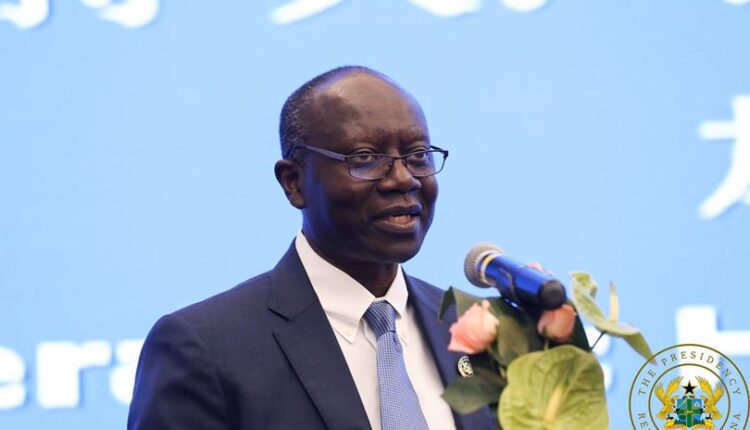Ghana’s economy to grow by 6.2% in 2022 – IMF
The International Monetary Fund (IMF) has projected economic improvement in Ghana, pegging real Gross Domestic Product (GDP) at 6.2% for 2022.
This is higher than the IMF’s expectation of 4.7% by the end of 2021, following a rebound after the COVID-19 impact.
The new projection also dwarfs the 3.8% that the IMF has projected for Sub-Saharan Africa for 2022, placing Ghana 6th among 45 countries.
Seychelles had the highest GDP growth projection of 7.7% for 2022, followed by Mauritius with 6.7% and Rwanda having 7.0%.
According to the forecast, Cote d’Ivoire, Cabo Verde, and Benin would all see a GDP growth of 6.5% by the end of 2022, while Guinea would have a GDP growth of 6.3%.
This was contained in the October 2021 Regional Economic Outlook for Sub-Saharan Africa, titled “One Planet, Two Worlds, Three Stories.”
The pandemic severely impacted Ghana, slowing economic growth to 0.4% in 2020 from 6.5% in 2019, leading to food price hikes and increased poverty, the IMF observed.
The economic recovery was supported by a strong cocoa season, mining and services activity, and inflation within the Bank of Ghana (BoG) target.
The higher growth rate indicates that businesses would generate more revenue from sales and expand into the future.
Touching on the regional economic outlook, the international financial institution said the rebound in the economic activities in Sub-Saharan Africa “is most welcome and largely results from a sharp improvement in global trade and commodity prices.”
“Favourable harvests have also helped lift agricultural production. But the recovery is expected to be slower than in advanced economies, leading to a widening rift in incomes,” the IMF has observed.
“This divergence is expected to persist through the medium term – partly reflecting different access to vaccines, but also stark differences in the availability of policy support,” the report further stated.
While noting that the world remained in the grip of an ongoing pandemic and an accelerating pace of climate change, the IMF said, this situation required increased global cooperation and dialogue.
As such, “solutions to these global problems must involve all countries and all regions, including sub-Saharan Africa, with the world’s least vaccinated population, most promising renewable energy potential, and critical ecosystems,” the IMF recommended.
READ ALSO: Moody’s, S&P Ratings Show Strong Economic Growth Prospects – MoF


